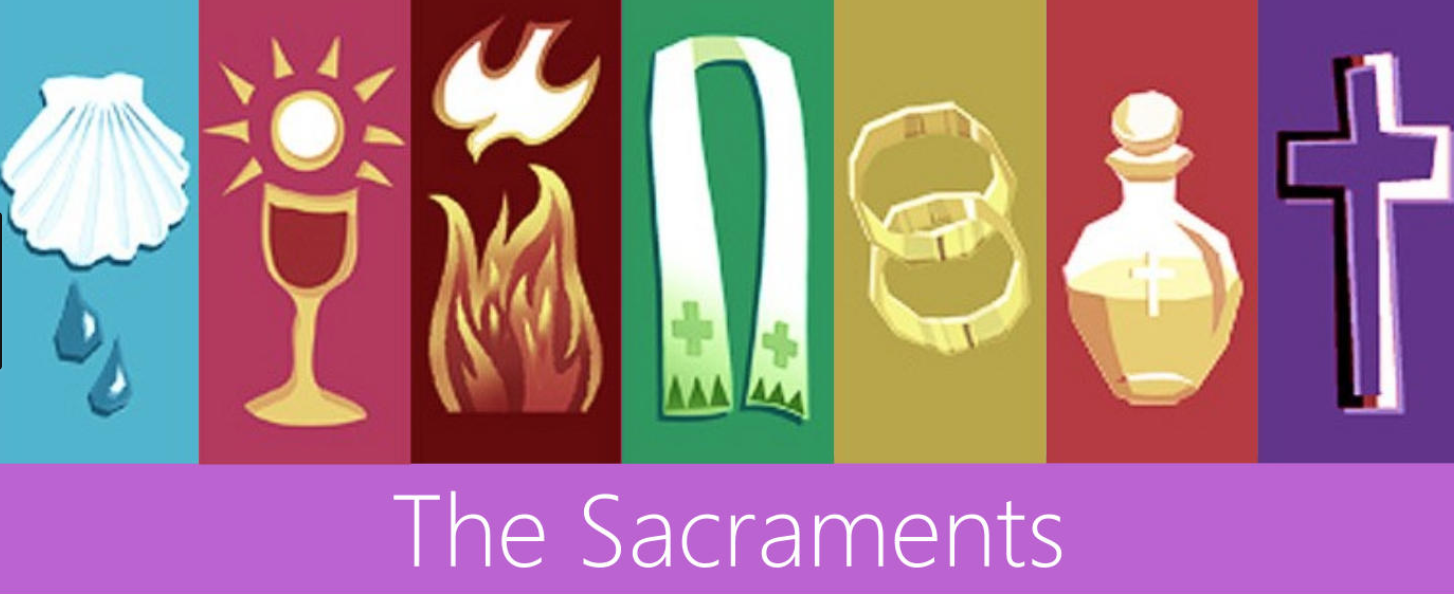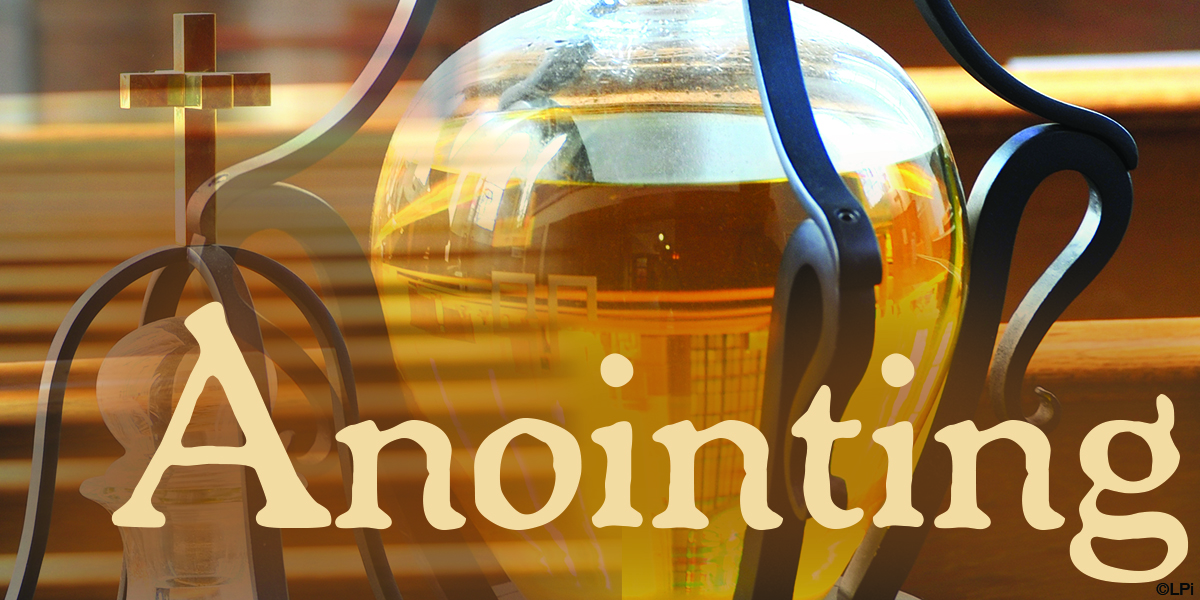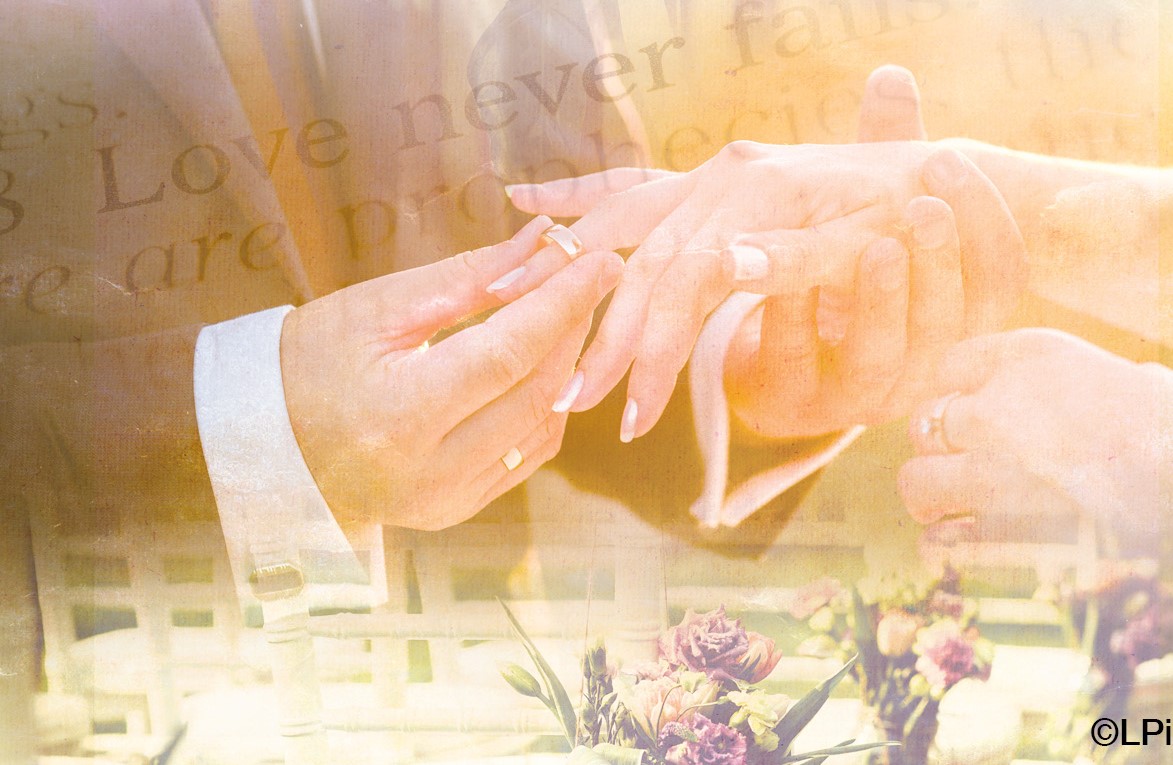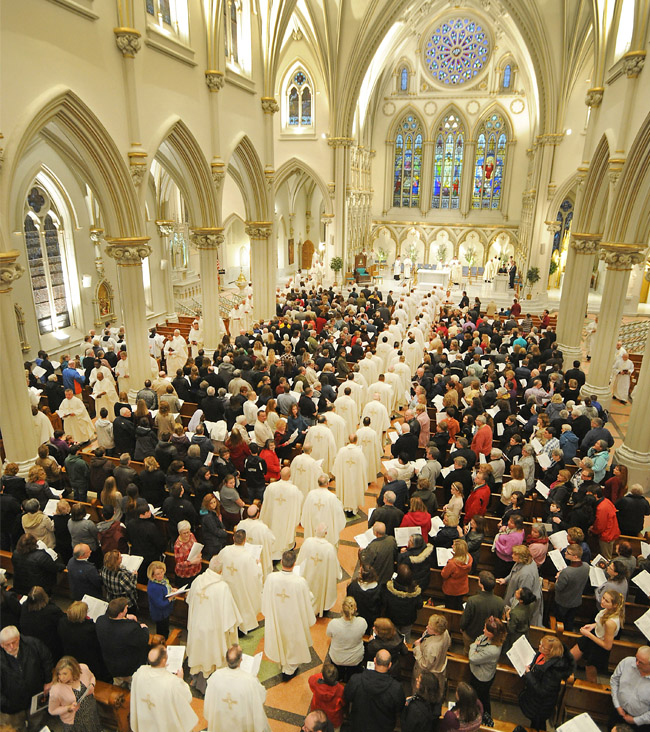The liturgical life of the Catholic Church revolves around the Eucharistic sacrifice and the sacraments.
The purpose of the sacraments is to make people holy, to build up the body of Christ, and finally, to give worship to God; but being signs, they also have a teaching function. They not only presuppose faith, but by words and object, they also nourish, strengthen, and express it; that is why they are called “sacraments of faith.” The sacraments impart grace, but, in addition, the very act of celebrating them disposes the faithful most effectively to receive this grace in a fruitful manner, to worship God rightly, and to practice charity.
Sacramental preparation at Nativity is available for all sacraments.
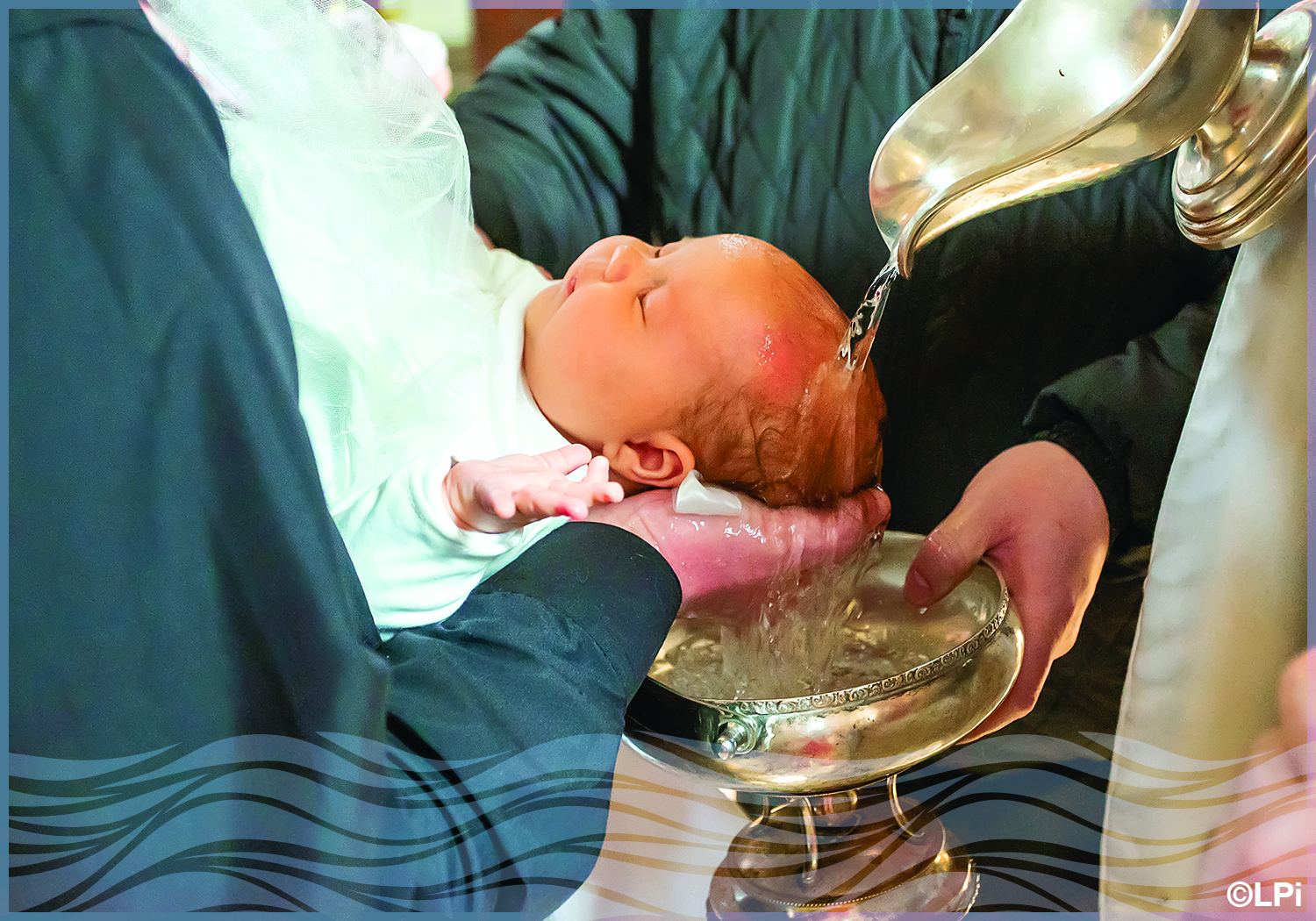
Baptism
Holy Baptism is the basis of the whole Christian life, the gateway to life in the Spirit (vitae spiritualis ianua), and the door which gives access to the other sacraments. Through Baptism we are freed from sin and reborn as sons of God; we become members of Christ, are incorporated into the Church and made sharers in her mission: “Baptism is the sacrament of regeneration through water in the word.”
Nativity usually celebrates Baptisms on the 2nd & 4th Sundays at 1:15pm. Other arrangements can be made.
New parents must be registered and attend a class prior to Baptism.
For more information, please call Sue at 662-9339.
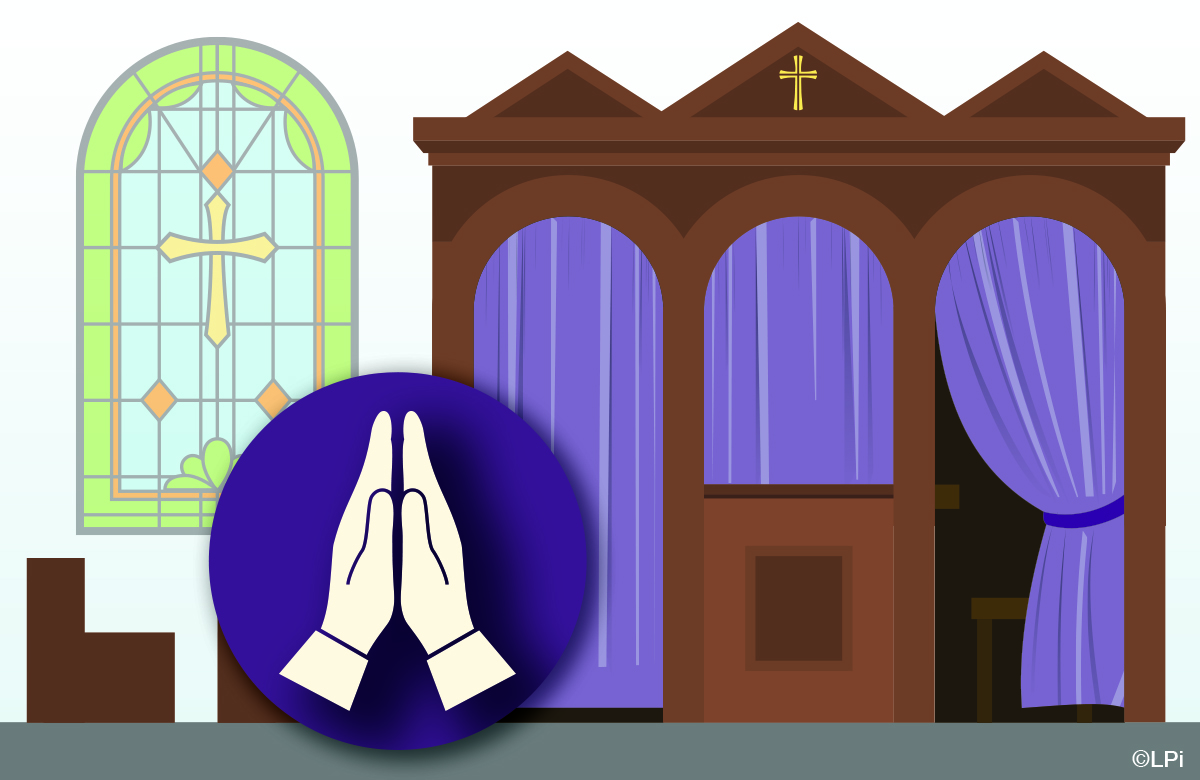
Confession
Confessions from 2:30pm-3:30pm on Saturdays and by appointment
Not only does it [the Sacrament of Penance] free us from our sins but it also challenges us to have the same kind of compassion and forgiveness for those who sin against us. We are liberated to be forgivers. We obtain new insight into the words of the Prayer of St. Francis: “It is in pardoning that we are pardoned.”
Jesus entrusted the ministry of reconciliation to the Church. The Sacrament of Penance is God’s gift to us so that any sin committed after Baptism can be forgiven. In confession we have the opportunity to repent and recover the grace of friendship with God. It is a holy moment in which we place ourselves in his presence and honestly acknowledge our sins, especially mortal sins. With absolution, we are reconciled to God and the Church. The Sacrament helps us stay close to the truth that we cannot live without God. “In him we live and move and have our being” (Acts 17:28).
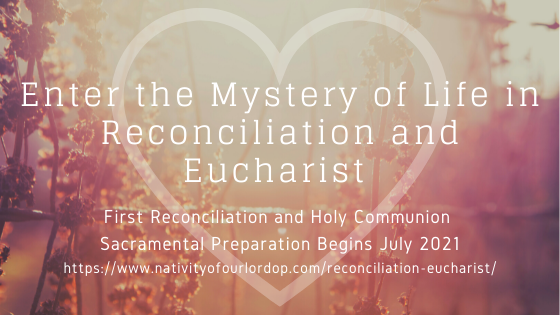
First Reconciliation and Eucharist
For children ready to prepare for their First Reconciliation and Eucharist, our Faith Formation Department leads the students on the path to understanding these beautiful sacraments.
For more information, please see the drop down menu under Sacraments entitled “Reconciliation and Eucharist.”
If you have a child in need of these sacraments, please contact the Faith Formation office at 662-2169 or email mbarone@nativityschool.net

Confirmation
Baptism, the Eucharist, and the sacrament of Confirmation together constitute the “sacraments of Christian initiation,” whose unity must be safeguarded. It must be explained to the faithful that the reception of the sacrament of Confirmation is necessary for the completion of baptismal grace. For “by the sacrament of Confirmation, [the baptized] are more perfectly bound to the Church and are enriched with a special strength of the Holy Spirit. Hence they are, as true witnesses of Christ, more strictly obliged to spread and defend the faith by word and deed.”
CCC 1285
For information on Confirmation, please contact Darren at dlongboat@nativityschool.net.

Marriage
Congratulations on your upcoming wedding! Please make arrangements at least six months ahead of time with our priest. A Marriage Preparation program is required.
“The matrimonial covenant, by which a man and a woman establish between themselves a partnership of the whole of life, is by its nature ordered toward the good of the spouses and the procreation and education of offspring; this covenant between baptized persons has been raised by Christ the Lord to the dignity of a sacrament.
Sacred Scripture begins with the creation of man and woman in the image and likeness of God and concludes with a vision of “the wedding-feast of the Lamb.” Scripture speaks throughout of marriage and its “mystery,” its institution and the meaning God has given it, its origin and its end, its various realizations throughout the history of salvation, the difficulties arising from sin and its renewal “in the Lord” in the New Covenant of Christ and the Church.
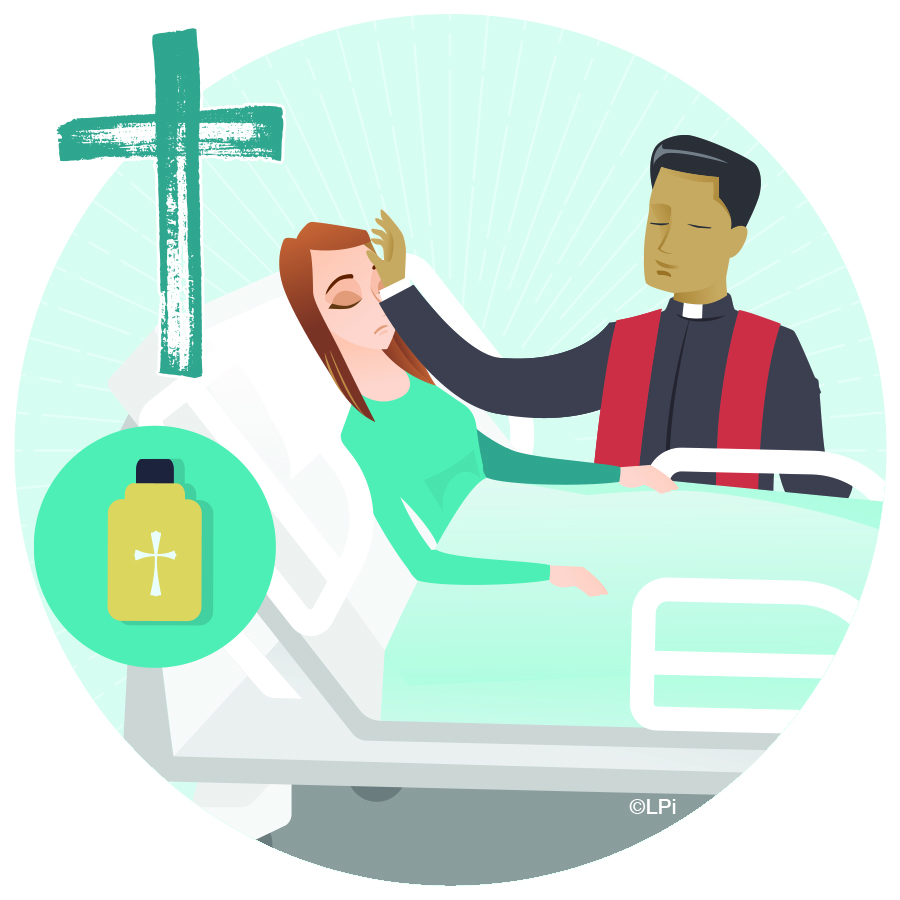
Anointing of the Sick
If you or someone you love is in need of anointing, please call 662-9339 and one of our priests will be notified.
In the Church’s Sacrament of Anointing of the Sick, through the ministry of the priest, it is Jesus who touches the sick to heal them from sin – and sometimes even from physical ailment. His cures were signs of the arrival of the Kingdom of God. The core message of his healing tells us of his plan to conquer sin and death by his dying and rising.
The Rite of Anointing tells us there is no need to wait until a person is at the point of death to receive the Sacrament. A careful judgment about the serious nature of the illness is sufficient.
When the Sacrament of Anointing of the Sick is given, the hoped-for effect is that, if it be God’s will, the person be physically healed of illness. But even if there is no physical healing, the primary effect of the Sacrament is a spiritual healing by which the sick person receives the Holy Spirit’s gift of peace and courage to deal with the difficulties that accompany serious illness or the frailty of old age.

